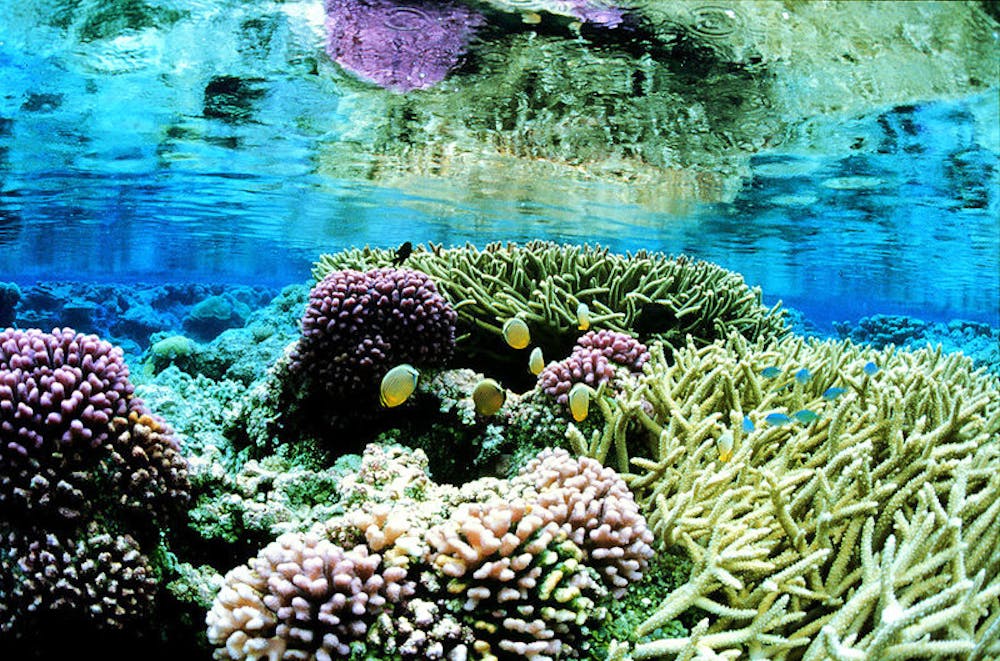By Kevin Shaw
Space: the final frontier. Or is it? The continuing mission for “Star Trek’s” Starship Enterprise was to explore strange new worlds and seek out new life, but it didn’t have to travel thousands of lightyears to do so. There are strange new worlds and undiscovered life much closer to home. Rather than focusing on space, we should be exploring under the seas of our own little blue planet.
High resolution images from orbital and earthbound telescopes like Hubble, Kepler and the Palomar Observatory have recently sparked a major interest in space exploration. Big budget Hollywood films like “Interstellar,” “Gravity” and “The Martian,” as well as the recent revival of “The Cosmos” TV series, have only fanned the flames.
This huge interest in all things space is accompanied by actual major discoveries by space organizations. The European Space Agency landed a spacecraft on a comet for the first time nearly a year ago and NASA’s New Horizons probe took the highest resolution pictures ever taken of the ex-planet Pluto this summer. We are learning more and more about our solar system, but we don’t even know all that our own planet has to offer.
Oceans cover over 70 percent of the surface of the Earth, but according to the National Oceanic and Atmospheric Administration, “more than 95 percent of the underwater world remains unexplored.”
That means that two-thirds of the Earth remains entirely unmapped. We have no idea what we’ll find there, and worst of all, we’re hardly even looking.
We have completely mapped the surface of Mars and the Moon. We have satellites orbiting Mercury, Saturn and Jupiter. Heck, we’ve even sent probes to Pluto, which is four billion miles away.
A mission to Jupiter’s ice moon Europa to explore its extra-terrestrial oceans has gotten support in Congress, yet we haven’t even dipped our big toe into the murky depths of the Atlantic or the frigid Arctic Ocean.
“Why should I care about the dumb old ocean?” you might ask, which isn’t such an outlandish question. Why spend money and resources on a useless expedition? Well, according to discoveryeducation.com, “over one million known species of plants and animals live (in the ocean), and scientists say there may be as many as nine million species we haven’t yet discovered.” Marine biologists and ocean explorers haven’t found up to 90 percent of all ocean life yet.
Hidden away under the waves there could be an abundant food source to help feed the 800 million starving people in the world, recorded by worldhunger.org. Or, their could be vital plants like aloe vera that hold the key to curing common ailments ravaging the population.
Space exploration is very important. By peering deep into the cosmos we can watch planets and galaxies form. We can watch the birth and death of supermassive stars, tiny white dwarves and stars very much like our own. We can use this information to learn about how the Earth was formed billions of years ago, and how it will likely be destroyed. But we’re jumping the gun. Before we venture into the vastness of space, we have to explore more of our own planet, which means getting a little wet and financing expeditions into the oceans.
Students share opinions around campus

“We need to explore space, but also the ocean. We need to do both... (but) we need to understand more of the solar system and where we come from.”

“We spend so much time looking in space for aliens, but we’ve already got aliens deep in the ocean. There are so many undiscovered species.”







